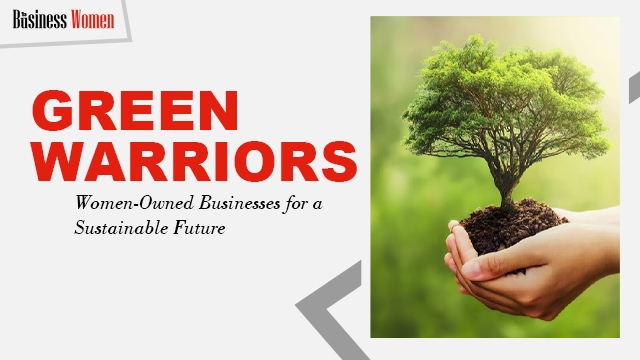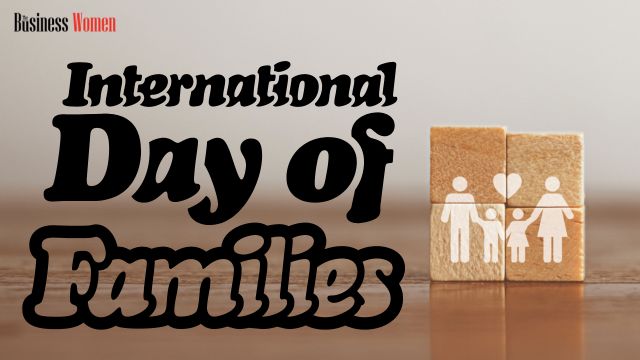With the goal of a sustainable future, women entrepreneurs have emerged as powerful competitors. Across several companies, these green warriors are leading the charge by initiating women-owned businesses that prioritise environmental responsibilities, social effects, and long-term sustainability.
These women are paving the way for a greener and more equitable world by imparting their enterprises with innovative ideas, ethical practices and devotion to positive change. In this blog, we will look at the inspiring stories of exemplary women-owned businesses shaping a sustainable and green future.
Reformation:
Yael Aflalo founded Reformation, a clothing company dedicated to sustainable fashion. Perceiving the harmful impact of the fashion industry on the environment, Aflalo created a brand focusing on using eco-friendly fabrics, applying ethical manufacturing practices, and minimising waste. Reformation has established itself as a pioneer in the field of sustainable fashion.
Seventh Generation:
As an industry leader in home and personal care products, Kathleen McLaughlin created Seventh Generation and is dedicated to sustainability and social responsibility. Seventh Generation places a high value on using plant-based components, reducing carbon emissions, and promoting ethical sourcing.
The business uses eco-friendly practices throughout. Seventh Generation has become the industry standard for other companies.
The Detox Market:
The Detox Market is a beauty and skincare business founded by Romain Gaillard and Valérie Grandury that specialises in offering safe, non-toxic products.
After becoming aware of the health dangers connected with conventional cosmetic products, Grandury set out to establish a platform that provides secure and environmentally responsible alternatives.
The Detox Market has carefully chosen companies whose products emphasise natural ingredients, environmentally friendly packaging, and ethical sourcing. This women-owned enterprise transforms the cosmetics industry by enabling customers to make informed decisions.
Patagonia:
Outdoor clothing firm Patagonia, co-founded by Yvon Chouinard and Kris McDivitt Tompkins, is well-known for its environmental activism. Although women do not entirely control it, Kris McDivitt Tompkins’ vision and leadership have had a big impact.
Throughout its entire supply chain, Patagonia has adopted ecological practises, from employing recycled materials to putting in place fair labour standards.
Additionally, the business leads environmental campaigns, encourages grassroots activism, and contributes some of its profits to environmental charities. Patagonia is a prime example of how companies can balance environmental responsibility and financial success.
Conclusion:
The examples in this blog post are just a handful of women-owned companies advancing sustainability. These green warriors illustrate that entrepreneurship can be a powerful tool for positive change, stimulating a sustainable future for future generations.
By promoting ethical practices, encouraging responsible use, and thrusting the boundaries of innovation, these women-led enterprises motivate others to follow in their footsteps.








